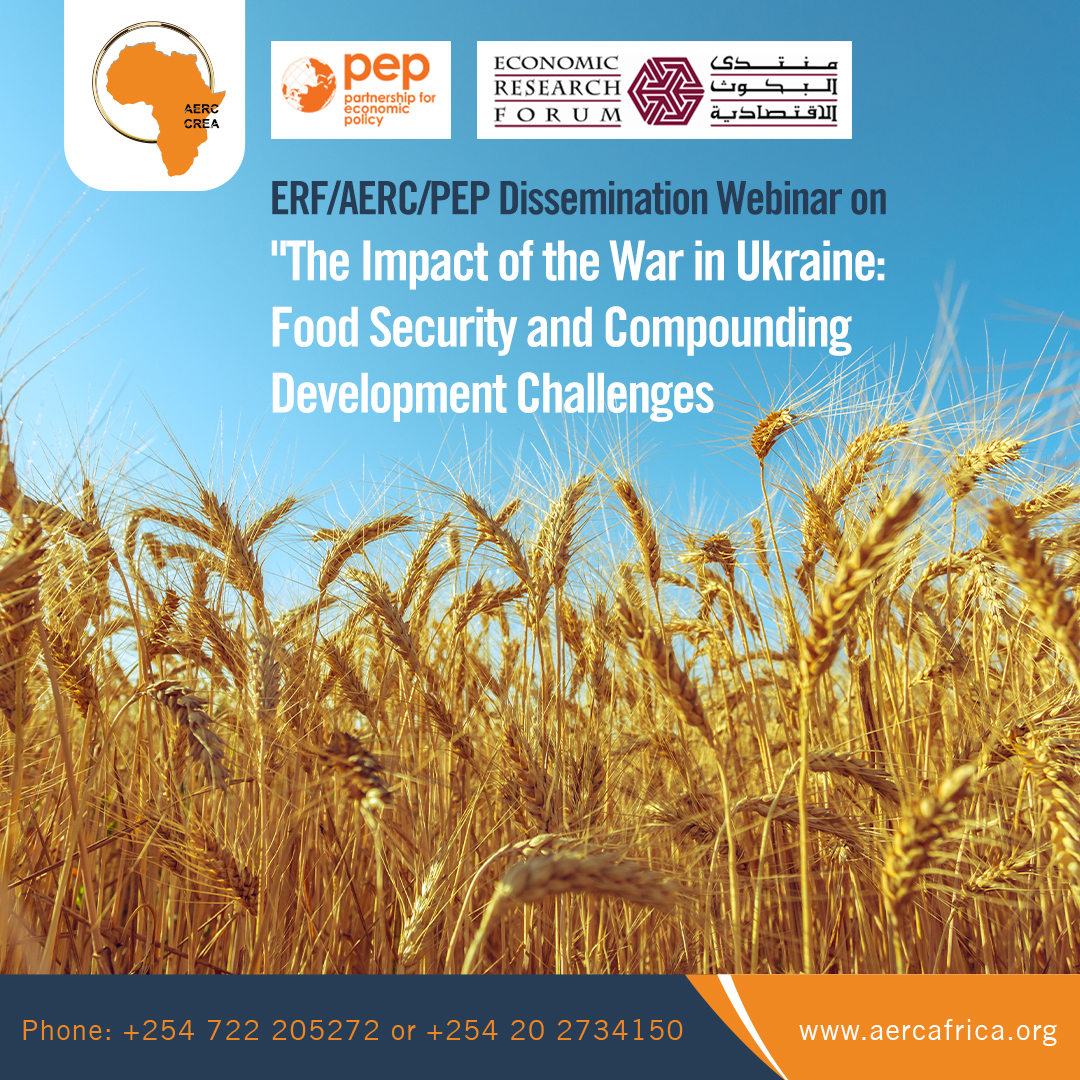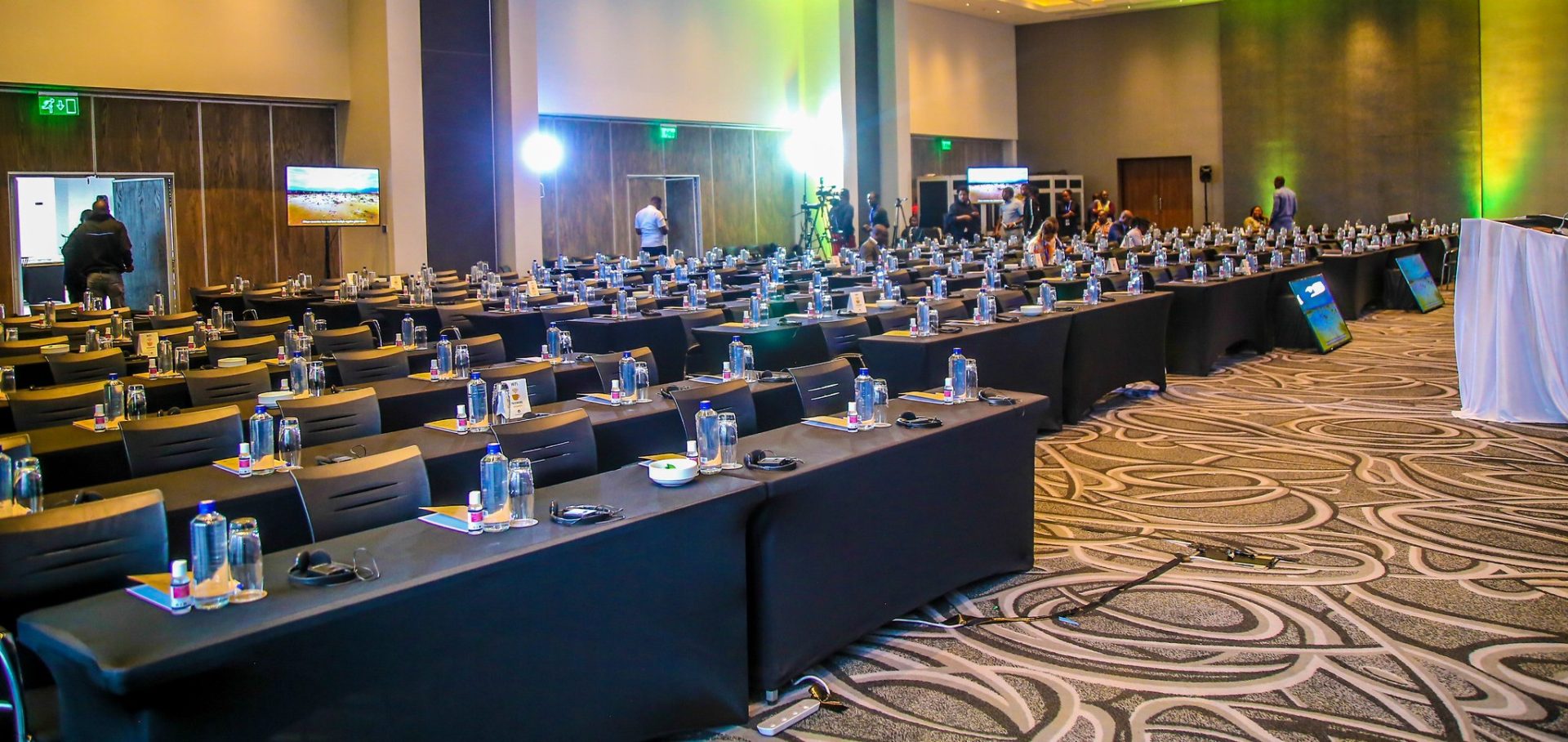
The Impact of the War in Ukraine: Food Security and Compounding Development Challenges
The event will be held on September 19, 2023, virtually on zoom, to disseminate the key policy findings and implications of the project, among policy experts in the field. The event will be held in English and French interpretation will be provided.
ERF acknowledges the financial support from IDRC and the partnership with the AERC and PEP.
Russia-Ukraine war, RUW, have resulted in tragic loss of lives, growing human miseries and massive destruction of the Ukraine’s infrastructure. While peace outlook remains highly uncertain, serious economic consequences continue to unfold in a world economy already battered by COVID-19 and climate change, with more severe impacts on developing countries, (GCRG, 2022).
In 2019, Russia was the world’s third-largest producer of energy; and also contributed to one-fifth of the global fertilizers’ exports. In 2021, Russia and Ukraine accounted for, respectively 20% and 10% of global wheat exports. Around 35% of the world’s population relies on wheat as the primary staple in their diet; and fifty countries, mainly food-deficient ones in Africa and Asia, depend on the two countries for more than 30% of their wheat supply, (FAO, 2022).
In this context, the Economic Research Forum (ERF), the African Economic Research Consortium (AERC) and the Partnership for Economic Policy (PEP) have joined forces to examine the policy findings based on the assessment of the macroeconomic channels, impacts, and potential responses to the RUW shock. The severity of the shock and the heterogeneity of its outcomes have different policy implications which are expected to vary across countries; sectors and population groups in a given economy. Whereas higher commodity prices could boost output in energy exporting countries in Africa and MENA regions, the disruption of already strained value-chains, including the reductions of commodity supplies and possible high pass-through effects of food price to consumer prices on the other hand, could mute aggregate consumption response, which is the major contributor to the gross domestic product in these countries. Hence, through examining how the economies of different countries have been affected by the RUW, these research outputs aim to shed light on the impacts of the Russia-Ukraine crisis while exploring the potential to turn this challenge into an opportunity.

